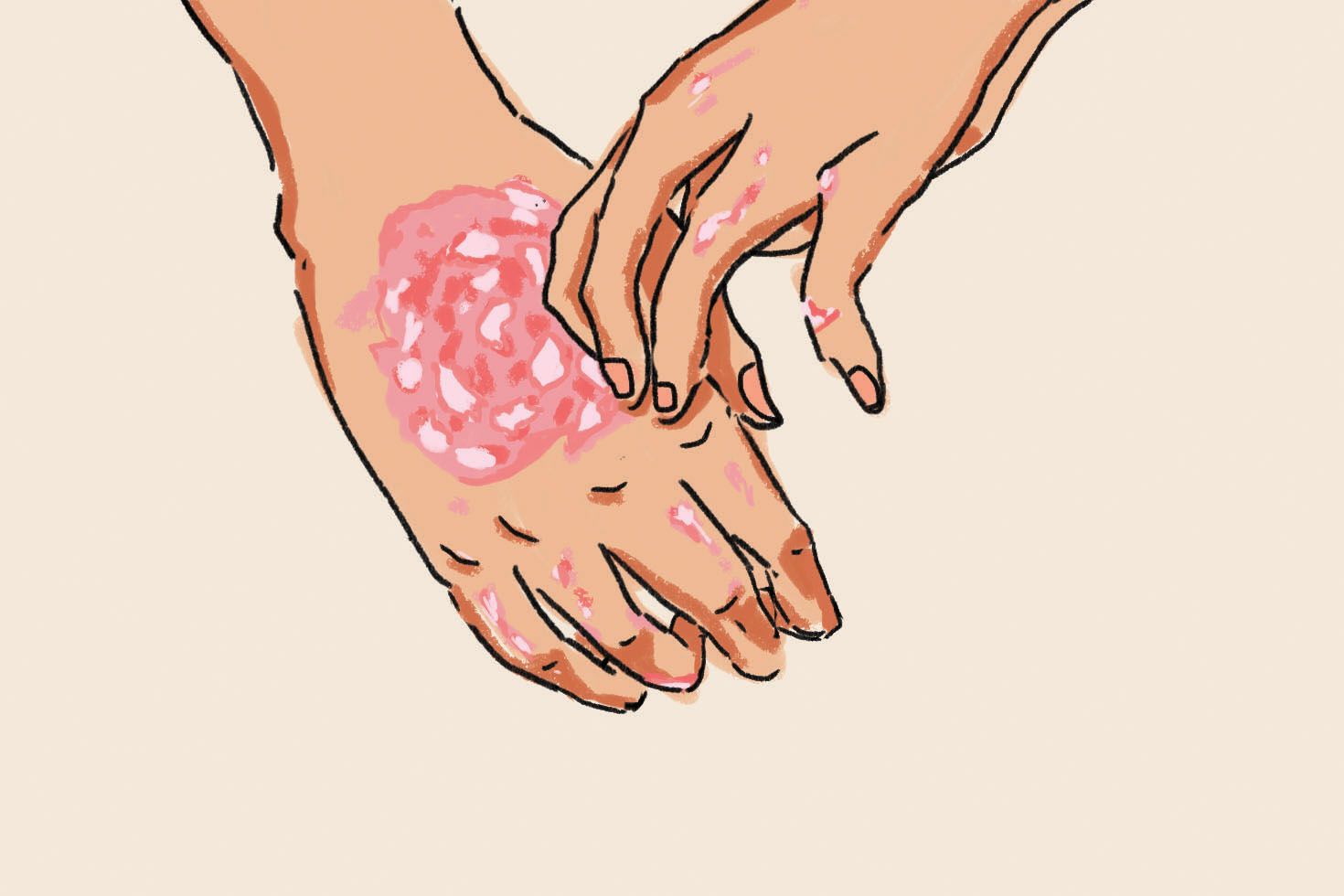Everybody's skin gets dry and a little flaky once in a while, and usually, it's easy to clear up-all it takes is applying lotion more frequently, switching soaps or laundry detergents, or avoiding common skin allergens like nickel and certain preservatives. But what if you've developed itchy, painful, rough patches of skin that just won't go away? You might have psoriasis. Learn more about what causes psoriasis, what it looks and feels like, how it's diagnosed, and your treatment options.

What are the most common treatments for psoriasis? And what’s the prognosis?
The bad news is that psoriasis is chronic, so if you're diagnosed with it, it's likely a condition that you'll have for life. And there is currently no cure. But there's some very good news to keep in mind, too. Symptoms can come and go over time, and there are a variety of treatment options that are more effective than ever and can help you find significant symptom relief.
Common psoriasis treatments include:
- Topical medications, such as steroid creams, a vitamin D analog, or a combination
- Oral medications, including Apremilast, Acitretin, methotrexate, and cyclosporine
- Laser or light therapy
- Biologics
Remember: If you think that you might have psoriasis, you don't have to suffer in silence. It's nothing to be ashamed of. Go get an evaluation from a dermatologist so you can get treated right away, get rid of the rash, and live your life with confidence.
(Want to pick up some healthier habits? Sign up for FREE to get healthy living tips, weight loss inspiration, slimming recipes and more delivered straight to your inbox!)






.png&h=193&w=250&c=1&s=1)
.png&h=193&w=250&c=1&s=1)


